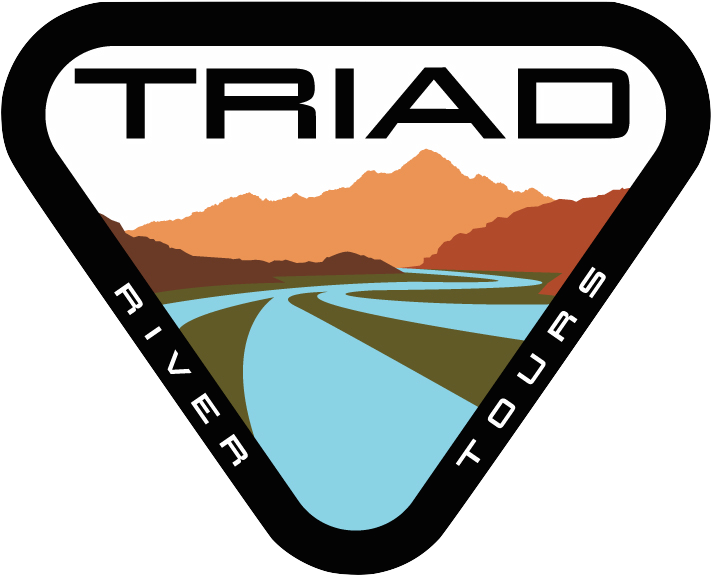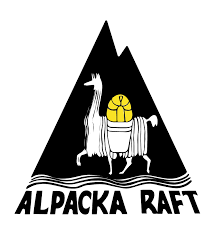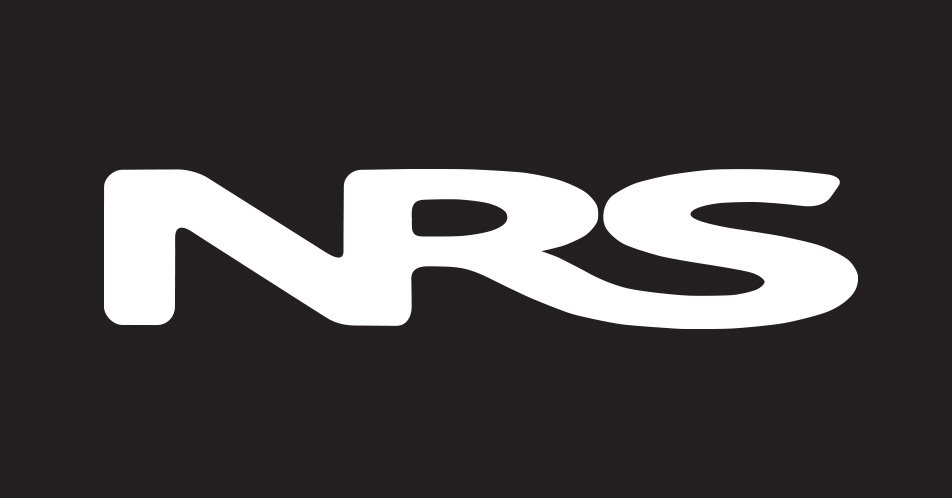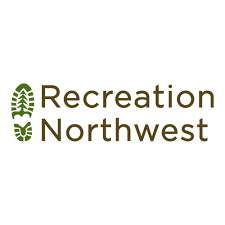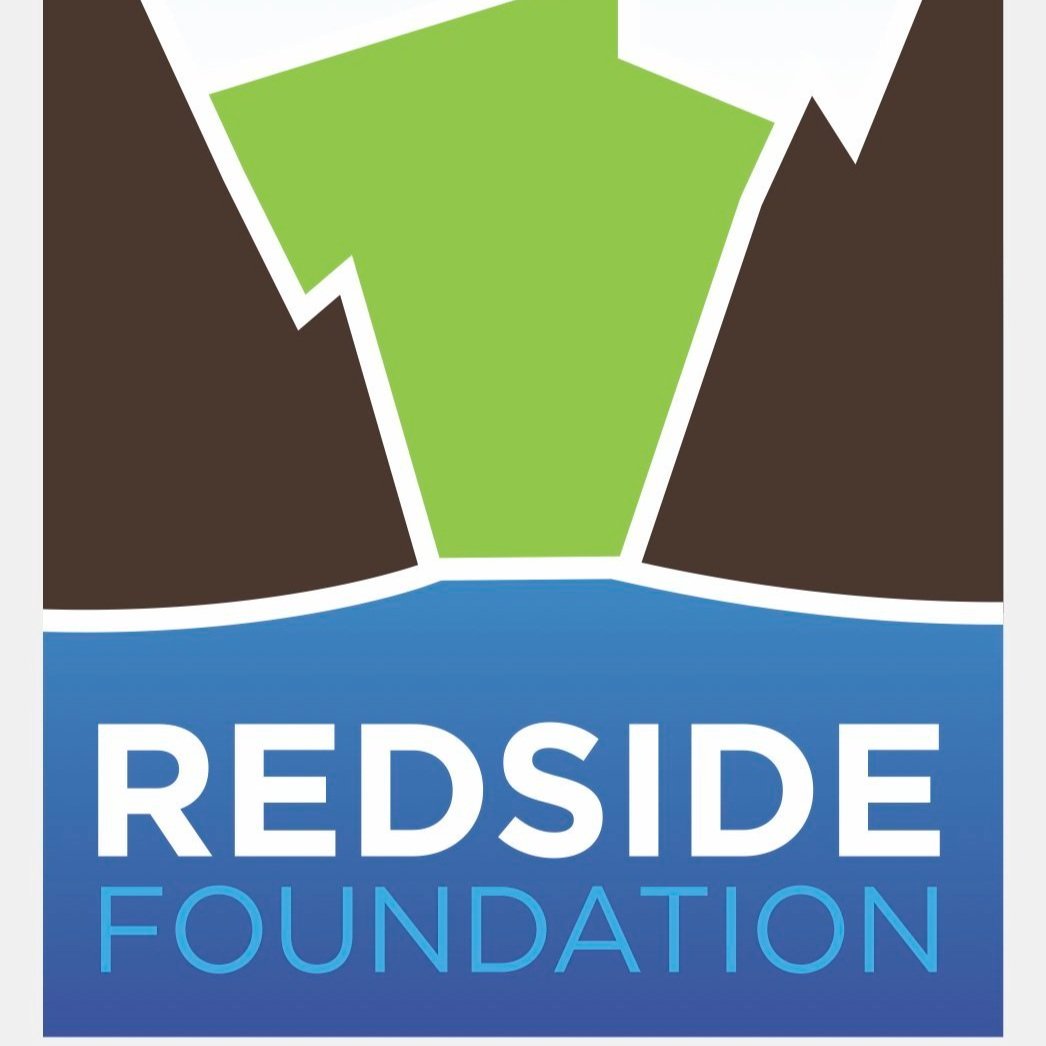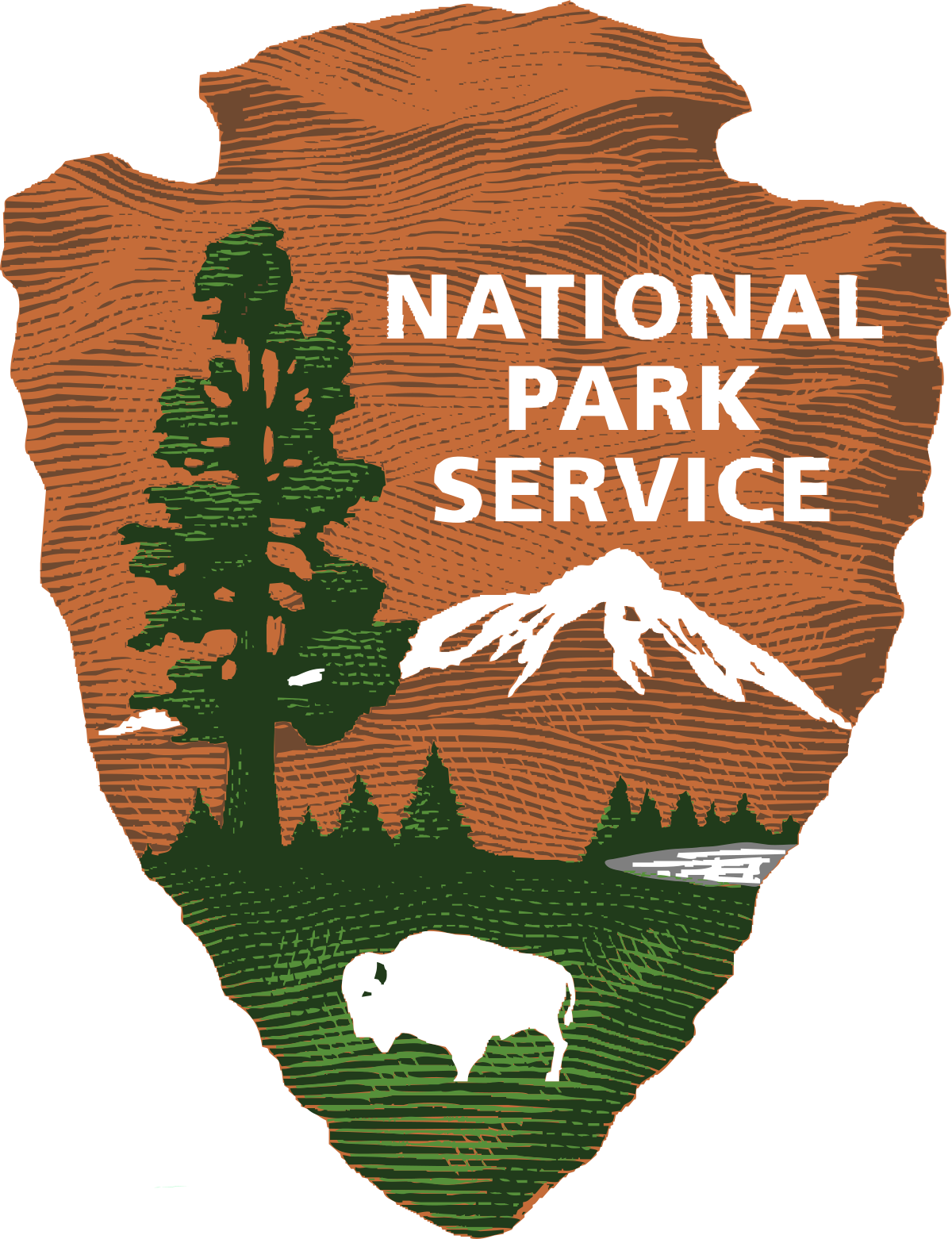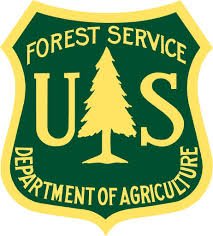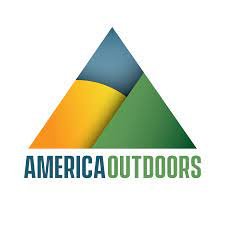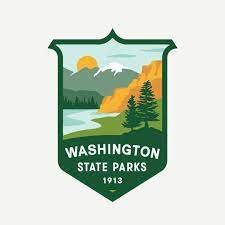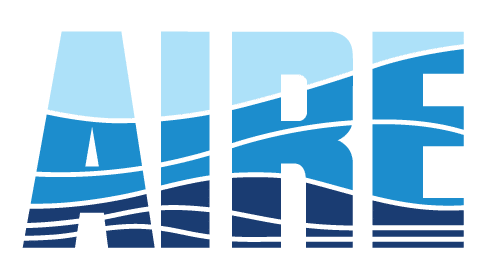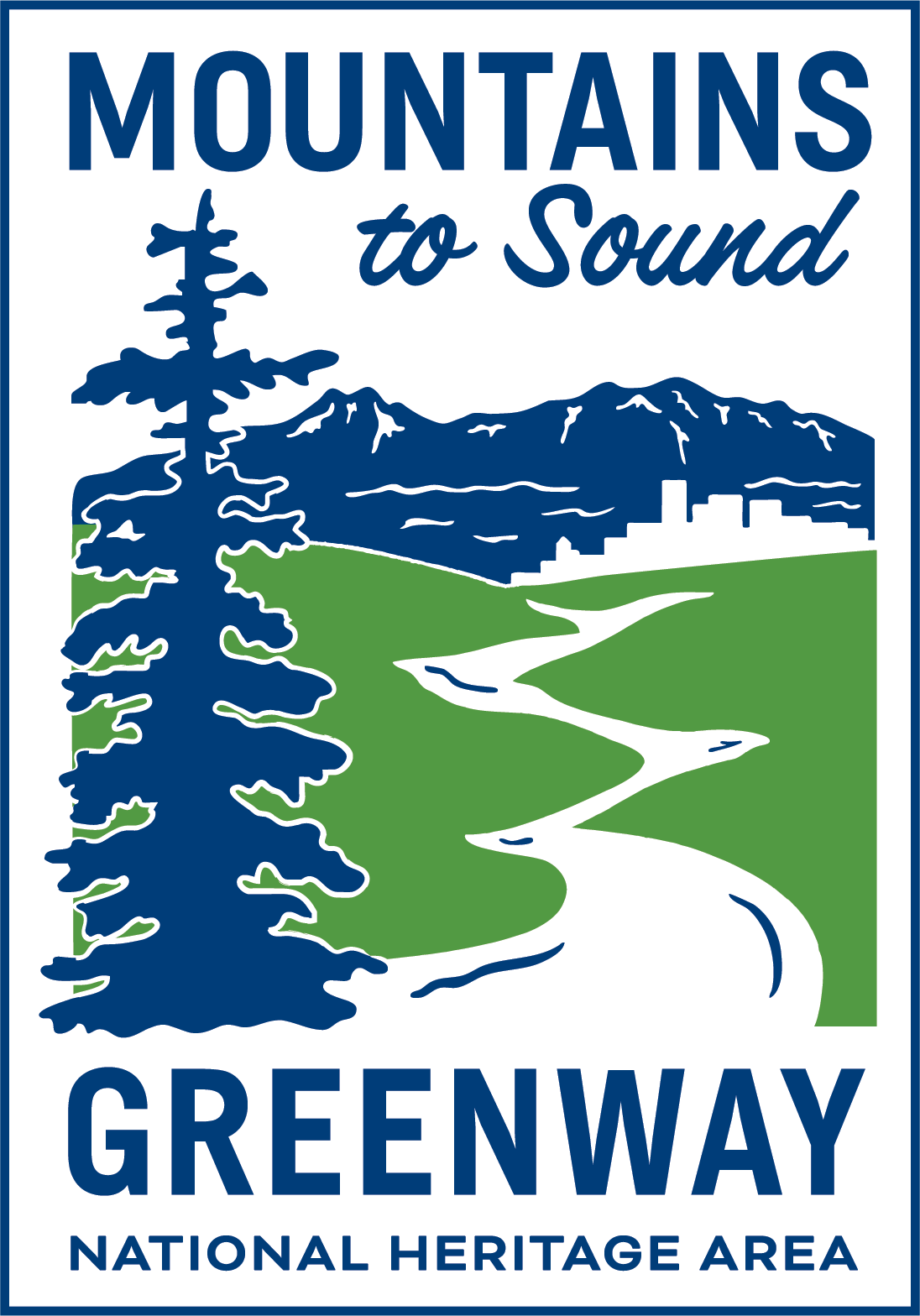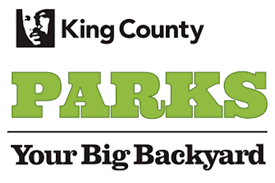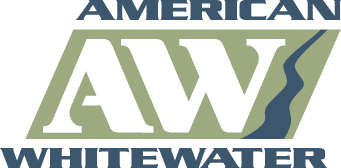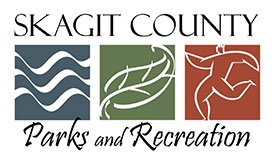Whitewater River Rafting
Safety Protocols & Procedures
Rescue Kayakers like World Class Kayak Academy graduate Joshua Larsen (SRT, WFA) are utilized to test river conditions before our guests arrive.
Each year Triad River Tours spends money that many of our competitors do not in order to prepare for all of the elements of chance and danger that the river has to offer us. We work in conjunction with several organizations who support us in our efforts to provide the safest possible trip in an often dangerous setting. We send scouting kayaks out onto the river before trips where river levels have changed, to ensure that the river passage is clear and that our planned routes are accessible. We continually practice our evacuation procedures and communicating with rescue and emergency personnel, and even watch weather and traffic reports to closely predict response times.
Triad works in partnership with the Swiftwater Safety Institute and voluntarily invests in independent third party audits of safety protocols, equipment systems, and guide training procedures. If any part of our system--guides, equipment, or operational procedures--is not approved by one of our partners, we remove it. This ensures that at all times you not only have a guide company with the best safety system that they know of, but one that is operating within and above continuously evolving industry standards. We believe in and follow the motto preached by Swiftwater Rescue professionals: "Simple is Smooth and Smooth is Fast". Our safety protocols and procedures are all developed in accordance with the principles taught by leading professionals in the river rescue industry.
Utilizing rescue kayakers for scouting runs and (if necessary) additional rescue swimmer support is an aspect of our comprehensive safety system.
Washington is one of the most dangerous commercial whitewater states in the USA, with a commercial whitewater fatality reported nearly every year since 2011. When taking into account our state's statistically minuscule market share in comparison to states such as Colorado, Idaho, and West Virginia, the data returns back a clear and unquestionable reality; it is dangerous to raft here. Consequently, as industry professionals in this state we have to ask ourselves a few questions. The first is simple: can this danger be mitigated and/or can the root causes of these fatalities be found out and removed somehow? While it is incredibly difficult (and bold) to state that river accidents are preventable, we firmly believe that many of them are. While neither our system nor our guides are infallible, we must continue to strive to discover what we believe are the primary culprits of river death and work to mitigate them.
There is one variable that appears repeatedly when we analyze risk on whitewater rivers, and that is experience. Less experienced guides are more dangerous, and the correlation (r-squared) is high between inexperienced guides and river accidents. As a result, we believe that the best way to keep our guests safe is to retain experienced guides through a fair wage and by operating our guide training at a higher standard than the rest of the industry.
In Washington there is no guides and outfitters licensing board for commercial whitewater like there is in many other states, despite the fact that we have challenging and dangerous rivers. When we analyze the state legislation (found here) we find that the standards are loose and often unenforceable. When you take into account the small profit margins that exist in our industry, you can clearly see that these businesses are in a difficult position. In order to put the best guides, best equipment, and finest safety systems in place they will need to spend money that the public will never know about and which adds no perceived value to their trips for the majority of potential customers; in addition, this spending has little to no effect on marketing channel production or sales conversion. This is the beginning of a very vicious cycle for whitewater river outfitters in our state, and because the legislation in Washington is weak or inept, there is very little incentive for outfitters to meet or exceed the quality standards set forth. Triad takes this commitment seriously.
If we look into the river rafting safety requirements for guide training in the state of Washington (listed in section 2 of the RCW in the above paragraph), we find that the guidelines are vague at best and provide little support for a public that is often unaware of the risk inherent in running a dangerous river with an inexperienced guide. Confronted with this ambiguity and confusion, rafting companies carry a heavy burden when deciding what it is exactly that is being asked of them. While we applaud the freedom afforded to us by our state legislature to operate within very liberal guidelines, we must take it upon ourselves to pursue industry standards which are not forced upon us in any way. This is one reason why every one of our guides have worked on rivers in other states, and often in other countries. It is also one of the reasons why we consult organizations such as American Whitewater, America Outdoors Association, Swiftwater Safety Institute, and other outfitters, as we must continue to pursue a greater understanding of our responsibilities to the public and to our industry. Unfortunately, it is often the case that these standards are simply thrown out for the sake of driving down fixed costs of operations and increasing profit margins in an industry where there is a "race to the bottom" in terms of price.
Triad trains guides just like anyone else; however, we work hard to ensure that we do so with a high level of commitment and authenticity towards our profession. Professional guides from around the world have taught us how to perform our jobs to the highest level of skill and precision, and we pass this knowledge on to those who train with us as rookie guides. Often times we delay allowing younger guides the opportunity to work for money until we are absolutely sure of their skills; we make them tirelessly perform drills and procedures such as knots, rescue systems, and evacuation routes. Those who are not dedicated to our exacting standards will often prefer to leave our company and join someone else's. It is not hyperbole for us to claim that many of the guide trainees who we rejected now work for our competitors. Our standards for our guides are intentionally very high, and our system is designed to keep these guides working as often as possible, to ensure that we have the finest guides making a living wage while doing what they love.
Lead Guide Blake Henderson takes a crew of rafters on the Skykomish through an in depth safety briefing before challenging the rapids of the Sky.
Triad utilizes only the highest commercial grade equipment to ensure that trips are never compromised due to a lack of quality gear. Our guides work closely with manufacturers to improve on the design of our equipment, as well as test and refine prototypes and develop gear that is custom built for our application. Having a reputable, experienced guide staff that has traveled the world pursuing their profession gives us an advantage when selecting equipment. Because manufacturers value our opinion, they work tirelessly to ensure that our company is outfitted with only premium gear that will not fail during intense use. Many lower end rafting companies try to squeeze every day, and thus every dollar, from their equipment, often utilizing it beyond it's lifespan. At Triad we make a commitment to purchase only the highest quality equipment, and if that equipment becomes unfit for our needs for any reason we dispose of it; we cannot take the risk of equipment failure while on the river. Failed equipment not only puts our guides and guests at risk of life and limb, it also often becomes litter and degrades the purity of the river corridor; ultimately this destroys the environment which we are out sharing with our guests. Triad refuses to utilize equipment which is below our stringent professional standards.
